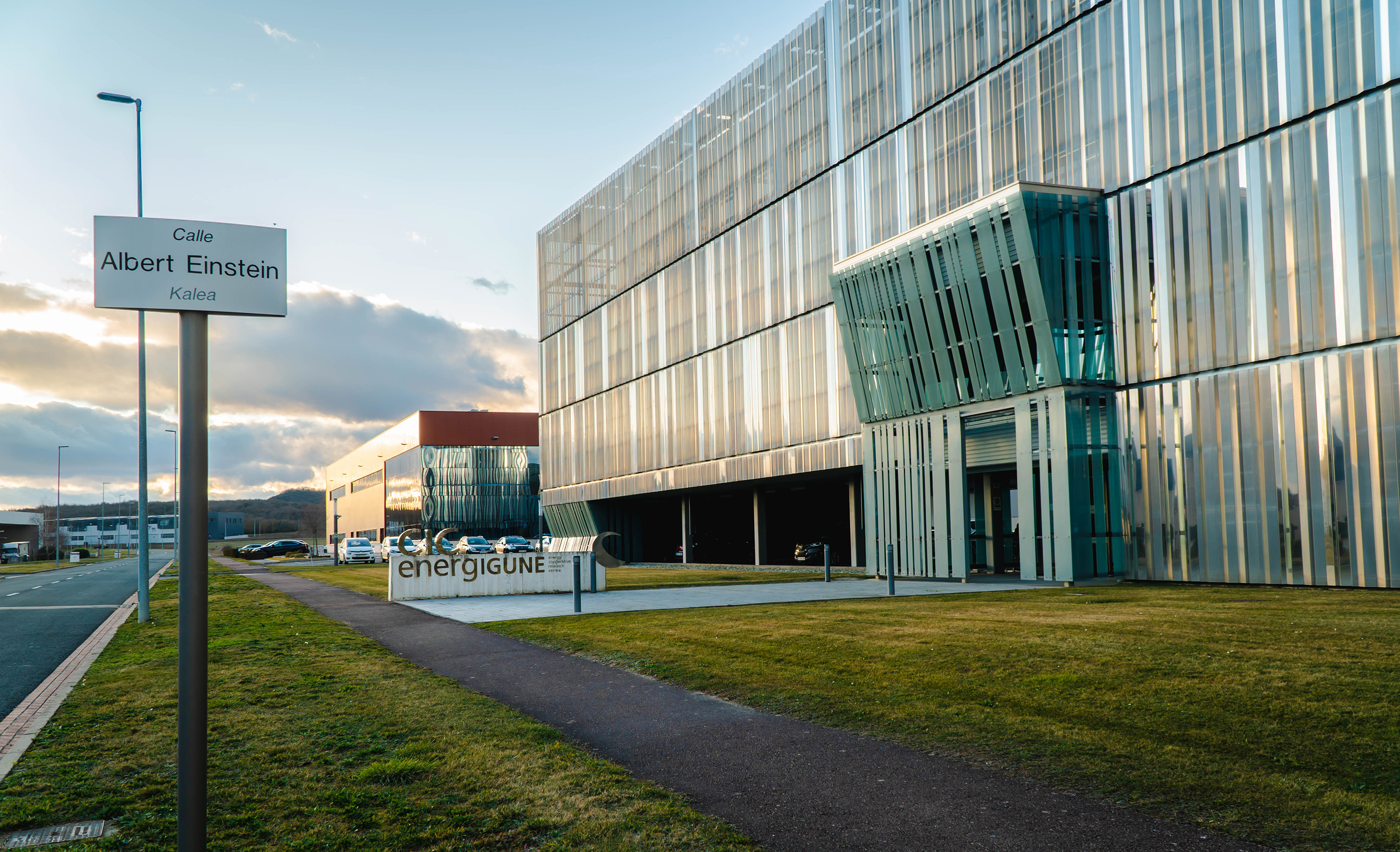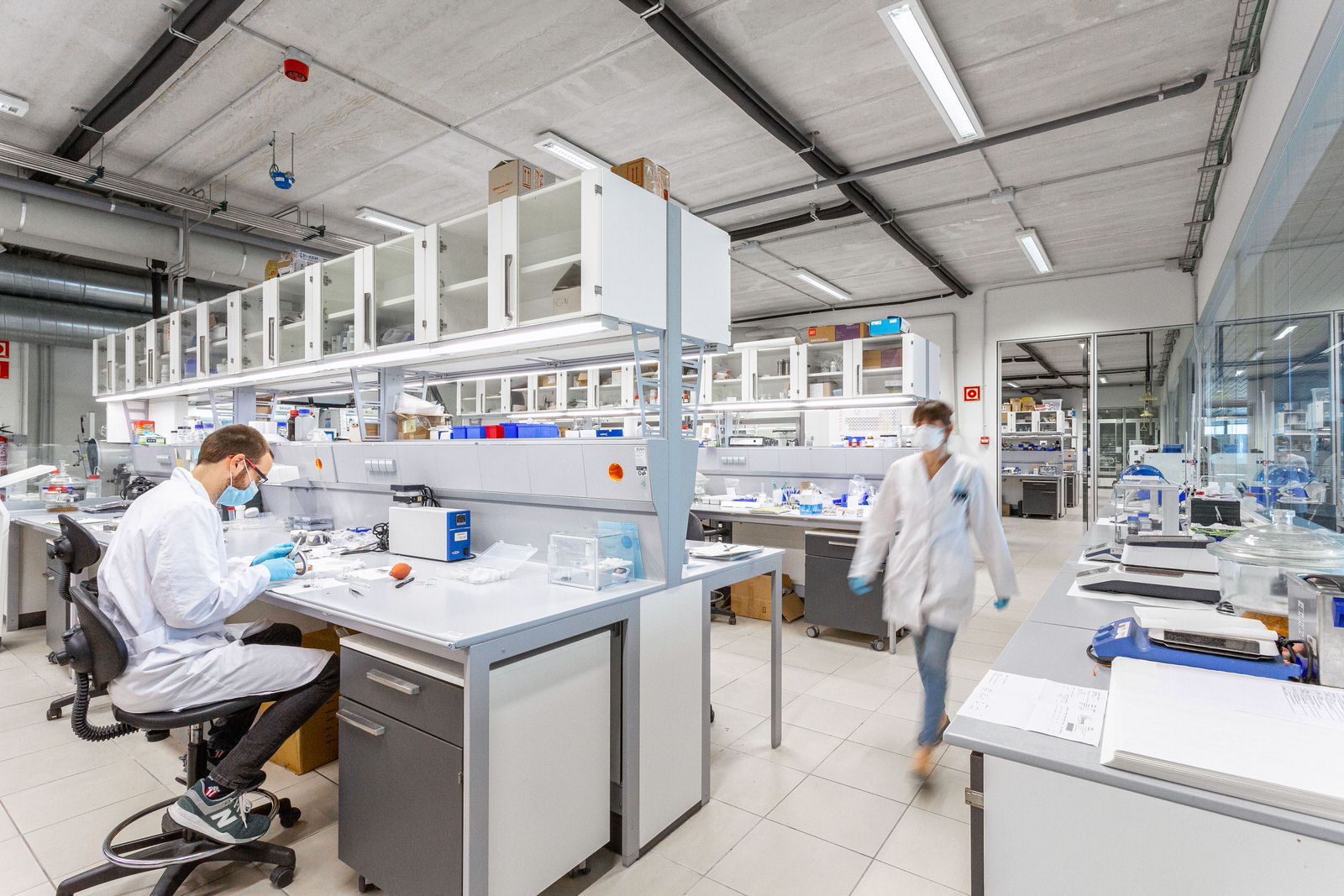CIC energiGUNE, the Basque research center of reference in electrochemical and thermal energy storage and a member of the Basque Research & Technology Alliance-BRTA, is jointly working along with Tekniker and the University of the Basque Country UPV/EHU in order to do research about the production of hydrogen, by thermochemistry, based on water and heat. The final objective of this collaborative project is to produce hydrogen –an element of high interest for the energetic transition of the society-, which guarantees a high performance and generates admissible production costs. This line of work is framed within the project CICe, Elkartek 2019 led by CIC energiGUNE.
“In a stage of energetic transition, hydrogen is one of the vectors that will accompany the total decarbonization of certain sectors of the economy”, has reminded Ana Aranzabe, Technology Director of Tekniker. For her part, Elena Palomo, Scientific Director of thermal energy storage area of CIC energiGUNE, has assured that “CIC energiGUNE, Tekniker and UPV/EHU are all in a condition for opening up a viable and accessible door to the production of clean hydrogen, through thermochemical reactions, contributing in this way to the changing of the energetic paradigm that society seeks for and needs”. Likewise, Pedro Luís Arias, Lecturer on Chemical Engineering at the Faculty of Engineering in Bilbao (EHU/UPV) has declared that “this collaboration has a special interest because it is a firm bet on producing hydrogen through sustainable means, which will reinforce companies’ and Basque agents’ activity in the value chain of hydrogen”.
Broadly speaking, the project, led by Stefania Doppiu, leader of the Solid state chemical reactions research group of CIC energiGUNE, will address the improvement of the productivity of hydrogen optimizing the kinetic properties and cycleability of the solids that take part in the thermochemical cycle through the use of nanomaterials and nanostructured materials. Moreover, within the research frame these materials will go through a validation process to determine their behavior at a scale that is closer to its real application.





